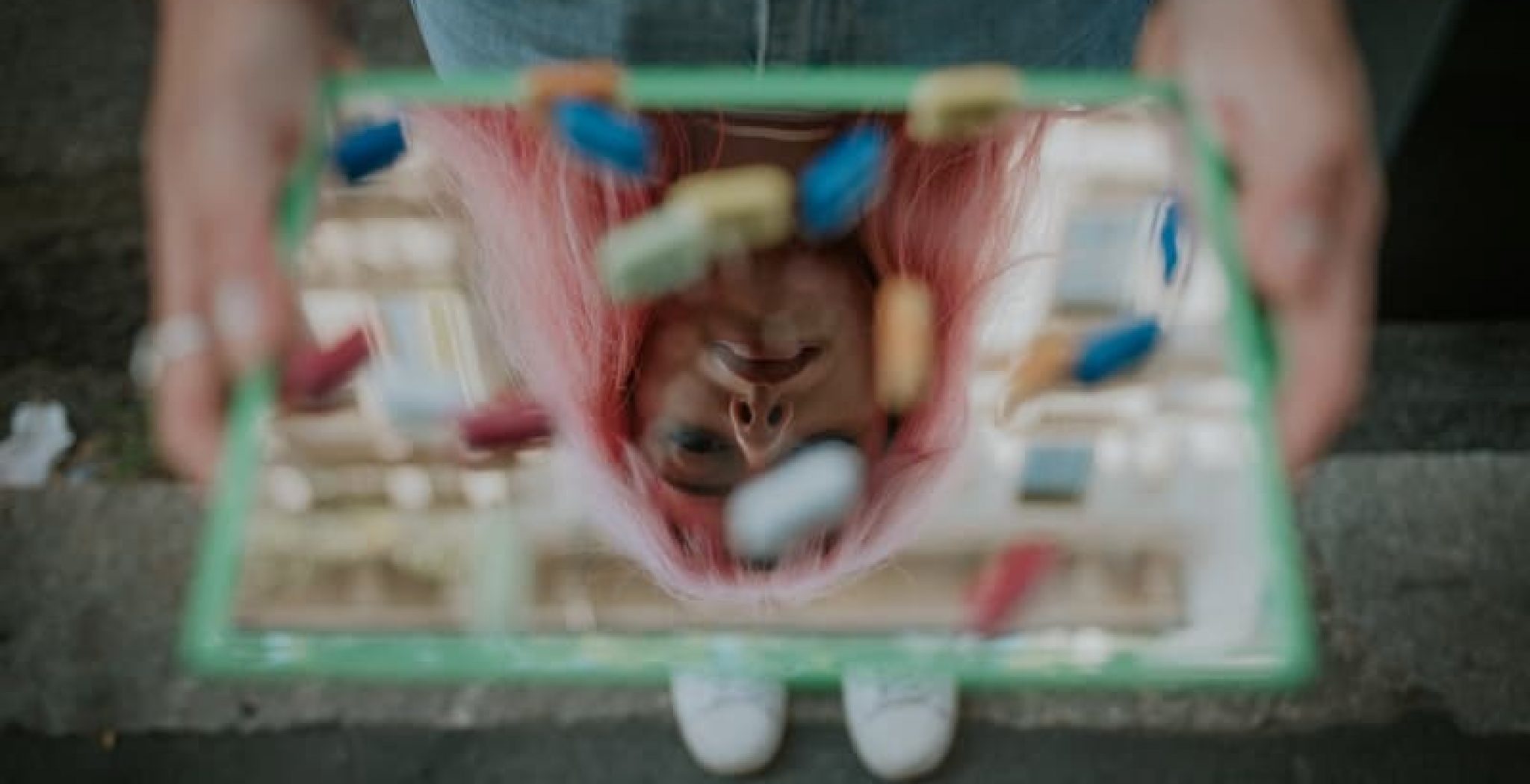According to the National Center for Biotechnology Information, an estimated 9.2% and 11.1% of the population was affected by mood and anxiety disorders. They also estimated that of those with mood disorders and anxiety disorders, 13.9% also reported substance abuse.
Individuals may think that taking drugs is the only way to get relief from anxiety, depression, and other mental health disorder, but there are other solutions.
Self-medicating could lead to addiction, impaired brain functioning, and potential overdose. It’s essential for people who suffer from anxiety or depression don’t rely on these measures rather than seeking professional treatment because it could be fatal.
Continue reading to learn more about the danger of self-medicating and how to prevent addiction.
What Is Self Medicating?
Self-medicating refers to the use of drugs (prescription or otherwise), alcohol, and other substances to deal with depression, pain (physical or emotional), or intense emotions without the help of a doctor.
Self-medication doesn’t require a medical diagnosis. You may be self-medicating in some way because of everyday pressures.
Potential consequences of self-medicating include addiction, impaired brain functioning, and even death. The best way to fight the adverse effects that taking drugs without a prescription can have on your body is to get professional help. Seeking professional help for mental health issues will not only reduce the possibility of negative consequences but also increase someone’s chance at effectively overcoming their condition.
Signs of Self Medicating
If you notice some of the following signs, it may be a sign that you or a loved one is self-medicating:
- Using drugs as a way to relax or feel better
- Using drugs as a way to deal with everyday problems
- Being secretive about your drug use
- Drugs taking control of your life
If this sounds like someone you know, it’s vital to seek professional help. The severity of these signs can lead to a dangerous addiction.
It is easy for people to resort to self-medicating to cope with emotional or mental problems.
The type of drug or drink you use does not determine whether you have a substance abuse problem. The amount you use or even how often you use does not define it either. The problem lies in how your substance use impacts you.
If your addiction affects your work life, relationships, or day-to-day life, it might be time to seek treatment for your substance abuse disorder.
Dangers of Self Medicating
The most commonly known danger of self-medicating is getting addicted to a substance and not being able to stop using it even after it no longer works.
People also feel an urge to increase their dosage over time, leading to overdose and death. Other dangers include impaired brain functioning due to prolonged substance abuse and possible psychosis from schizophrenia or drug-induced mental illness.
The best way to avoid these dangers is by seeking professional help rather than self-medicating, which can cause long-lasting damage to your body.
Self-medicating is never the answer. It will only cause prolonged adverse effects and long-term harm.
Why Do People Self-Medicate?
It’s essential to understand why people self-medicate. The most common reasons are anxiety, depression, and stress. Stress, in particular, can lead to feelings of hopelessness and inescapability and, in some cases, to suicide.
A bulletin published by the National Institute on Drug Abuse (NIDA) discussed the impact of stress on substance abuse. We all experience stress at some point in our lives, but prolonged or intense stress can be debilitating, impairing our ability to function normally.
People who have posttraumatic stress disorder (PTSD) are more likely to engage in substance abuse.
Self-medicating also presents a risk when it comes to mental health. Some drugs, such as antidepressants, can be addictive, and when mixed with other drugs like alcohol or benzodiazepines, the danger increases exponentially due to their synergistic effect.
There are ways that people can better cope with stress without relying on self-medication, such as exercise, mindfulness meditations, social support, and healthy eating habits. Individuals should try these methods before they resort to self-medicating themselves.
Preventing Addiction
There are many strategies that you can use to cope with mental health issues and prevent addiction.
One way is to use deep breathing exercises, which will help to reduce the number of stress hormones in your body. Another strategy is to think positive thoughts about yourself, which will prove valuable during difficult times.
However, coping strategies don’t work for everyone, and people often look for other ways to reduce the symptoms of mental health issues.
Treatment for Self Medication with SoCal Sunrise
In helping individuals with substance use disorders, understanding self-medication may prove beneficial. Sometimes, substance abuse is nothing more than a symptom of something else. Only treating substance abuse disorders could lead to relapse. Therefore getting treatment for dual diagnosis is important to provide long-term wellness.
Treatment with a mental health professional, whether inpatient or outpatient, can help individuals identify and address underlying causes of substance use disorders, as well as how to manage symptoms of addiction and mental health disorders.
If you or a loved one is suffering from an addiction to self-medication, contact us today. Not only will we customize a treatment plan, but it will also include therapeutic modalities to help underlying mental health conditions.






